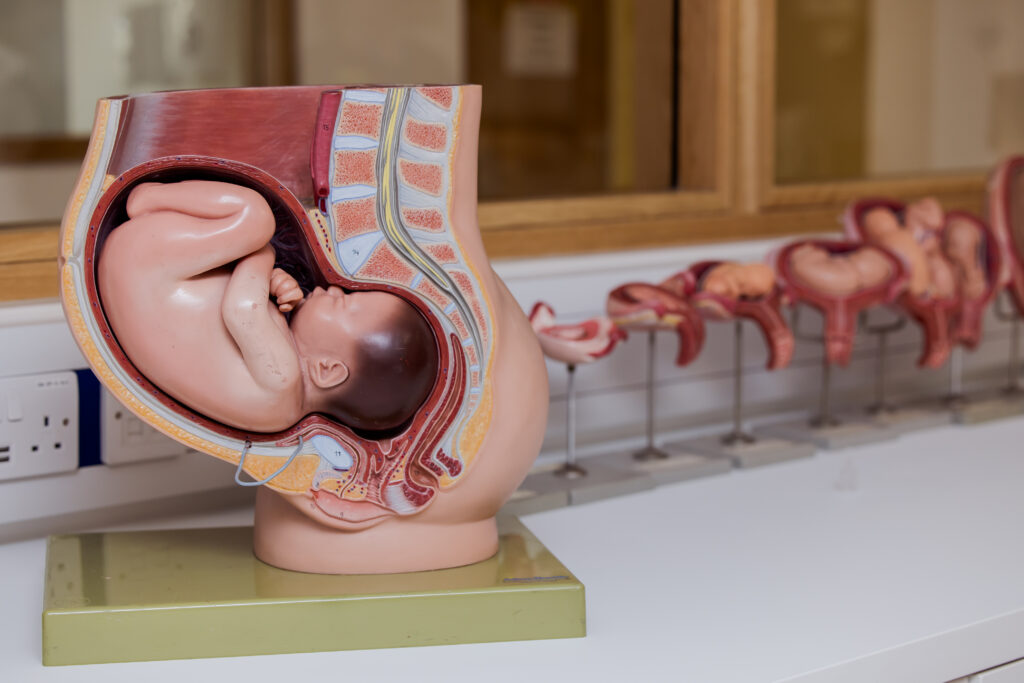A study has found that babies born to disadvantaged mothers and were breastfed are better at tasks such as speaking, drawing and comprehension.
According to analysis of data of nearly 6,000 babies, it found babies who were breastfed by poorer mothers were 8% better in tests in their cognitive ability of up to the age of seven if they were breastfed for at least three months, compared to babies who were bottle fed.
The study also found that women with a low level of education who gave birth on a weekend were less likely to breastfeed due to lack of staff available to support them to do so.
Commenting on the results of the study, Professional Policy Advisor at the Royal College of Midwives (RCM) said: “There is substantial and growing evidence around the health benefits of breastfeeding to the health of the mother and baby, and on the baby’s cognitive development. It is vital therefore that maternity services are always adequately staffed so that midwives and maternity support workers can provide high quality support to every mother on infant feeding. The current and worsening midwife shortage in England and growing staffing issues in other UK countries are certainly making this difficult to achieve.
“Not everyone can or chooses to breastfeed and other influences, including socioeconomic and education factors also play a part. It is a complex picture, but undoubtedly, mothers’ access to breastfeeding support is crucial.”
The research was conducted by Professor Emla Fitzsimons from the University College London’s Centre for Longitudinal Studies and Professor Marcos Vera-Hernandez from the economics department.
The data analysed around 6,000 British-born children across the UK between 2000-2002 who are taking part in the Millennium Cohort Study whose mothers left school at 17 and had a natural or low-risk birth.
The research was published in the American Economic Journal: Applied Economics.


